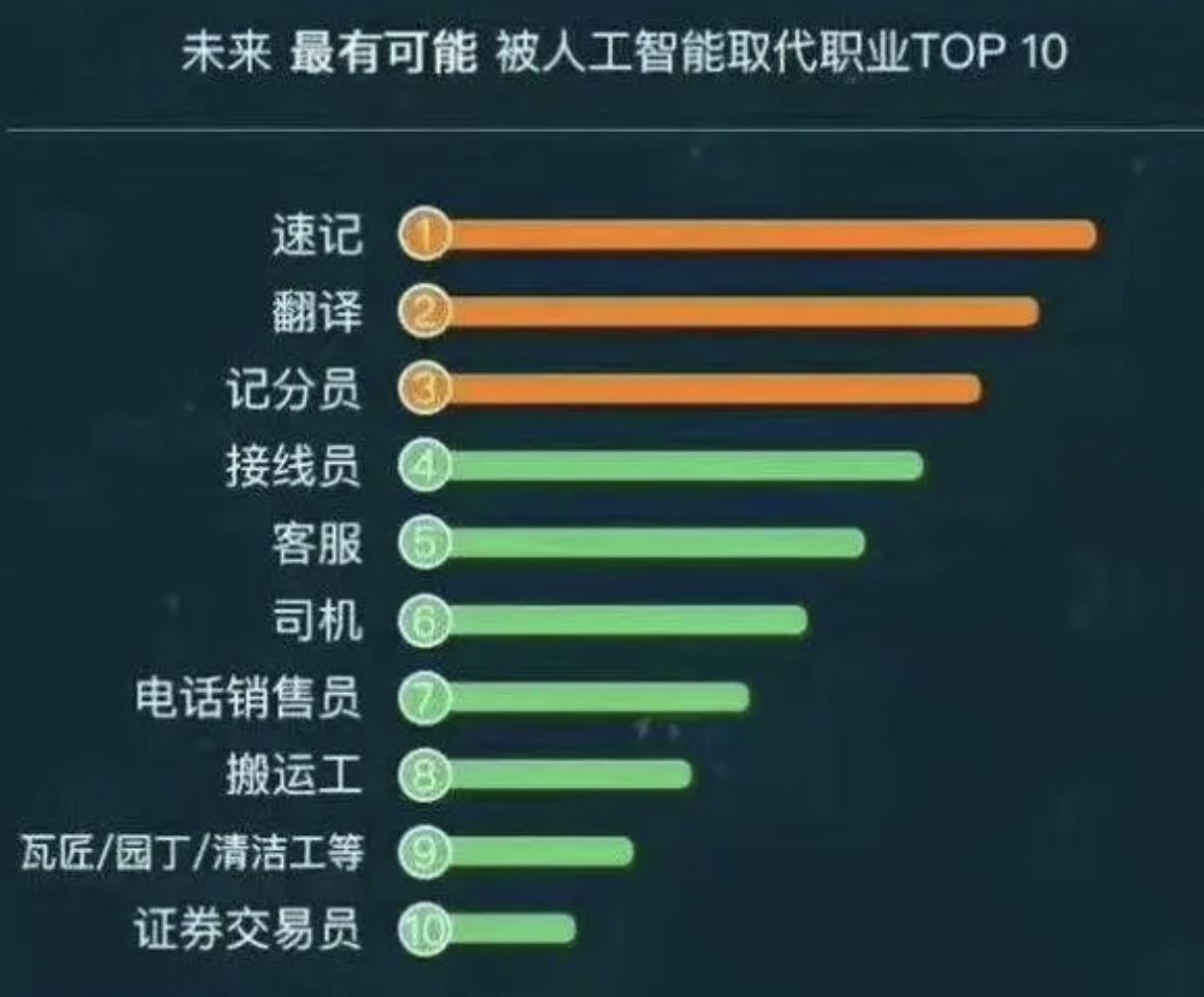Why Your Cat Eating An Artificial Christmas Tree Could Be A Serious Concern
---### Description:As the holiday season approaches, many pet owners begin to decorate their homes with festive decorations, including the beloved Christmas……
---
### Description:
As the holiday season approaches, many pet owners begin to decorate their homes with festive decorations, including the beloved Christmas tree. However, if you have a feline friend, you may be wondering about the potential dangers of an artificial Christmas tree, particularly if your cat has a tendency to chew on or eat unusual items. The phrase "cat eats artificial Christmas tree" raises several important considerations about the safety and well-being of your pet during the holidays.

Firstly, it’s crucial to understand that cats are naturally curious creatures. This curiosity often leads them to explore their environment in ways that can sometimes be harmful. An artificial Christmas tree, with its shiny ornaments, tinsel, and unique textures, can be particularly enticing to a cat. The bright colors and interesting shapes may attract your cat’s attention, prompting them to investigate further. Unfortunately, this investigation can lead to chewing or even ingesting parts of the tree.
When a cat eats an artificial Christmas tree, it can pose several health risks. Many artificial trees are made from materials that are not safe for consumption. For example, the plastic or PVC used in these trees can cause gastrointestinal blockages or other serious health issues if ingested. Symptoms of such issues can range from vomiting and diarrhea to lethargy and loss of appetite. If you notice any of these signs after your cat has been near the tree, it’s essential to consult with your veterinarian immediately.
Additionally, the decorations on the tree can also present hazards. Tinsel, ornaments, and lights can be particularly dangerous if your cat decides to play with or eat them. Tinsel can cause serious intestinal blockages if ingested, while glass ornaments can shatter and cause cuts or injuries. Even the electrical components of tree lights can pose a risk if your cat decides to chew on the cords. Therefore, it’s vital to keep these decorations out of reach or consider using cat-safe alternatives.
To prevent your cat from eating your artificial Christmas tree, there are several strategies you can implement. Firstly, consider placing the tree in a location that is less accessible to your cat. If possible, opt for a smaller tree that can be placed on a table or a high surface. You might also consider using deterrents, such as citrus scents or commercial cat repellents, to discourage your cat from approaching the tree.
Another effective strategy is to provide your cat with alternative forms of entertainment. Cats need stimulation and engagement, so offering them toys, scratching posts, or interactive playtime can help redirect their curiosity away from the Christmas tree. By keeping your cat occupied, you can minimize the chances of them being drawn to the tree and its decorations.
Furthermore, it’s essential to monitor your cat’s behavior around the tree. If you notice them showing excessive interest or attempting to chew on the branches, it may be necessary to supervise them closely when they are in the vicinity of the tree. This vigilance can help prevent any unfortunate incidents and ensure your cat remains safe during the holiday season.
In conclusion, while the sight of a beautifully decorated artificial Christmas tree can bring joy to your home, it’s essential to consider the potential risks associated with having a curious cat around. The phrase "cat eats artificial Christmas tree" serves as a reminder of the importance of pet safety during the holidays. By taking proactive measures to protect your cat and providing them with alternative entertainment, you can enjoy the festive season without worrying about their health. Remember, a little caution can go a long way in ensuring a happy and safe holiday for both you and your feline friend.